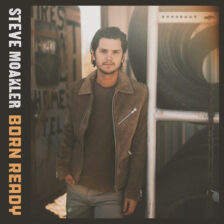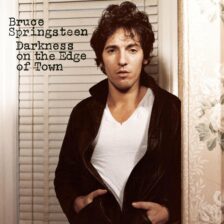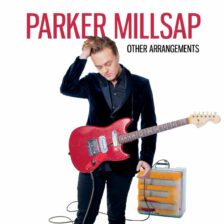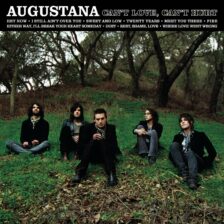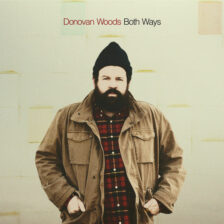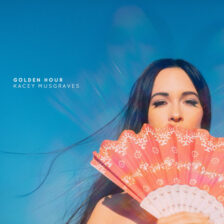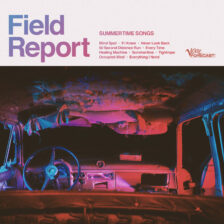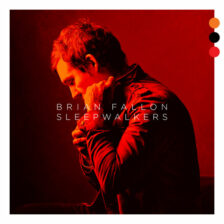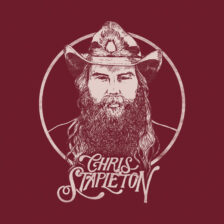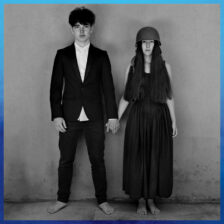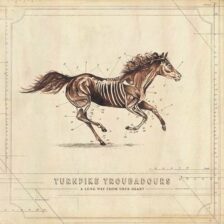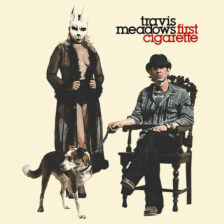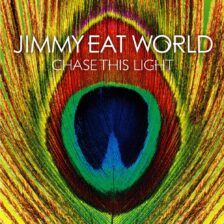Steve Moakler loves to sing for the everyman.
That’s what drove much of his last LP, last year’s stellar Steel Town. It was all over 2014’s almost-as-good Wide Open, especially songs like “Humble Operations” and “Rather Make a Living.” It was certainly there in “Riser,” the song that he and Travis Meadows wrote for Dierks Bentley back in 2014—and the song Bentley loved so much that he built an entire album around it. Like Bruce Springsteen, someone who has become an increasingly evident influence on Moakler’s music over the course of his last three albums, Moakler has a talent for finding beauty in unexpected, unglamorous places.
“Finding beauty in unexpected and unglamorous places” is more or less the mission statement of Born Ready, Moaker’s second album in 15 months. The title track and leadoff single is about long-haul truckers, while early highlight “Breaking New Ground” turns hard labor into a metaphor for perseverance and resilience. Even the album’s big love story song gets the title “One of the Boys,” underlining the everyman theme further.

